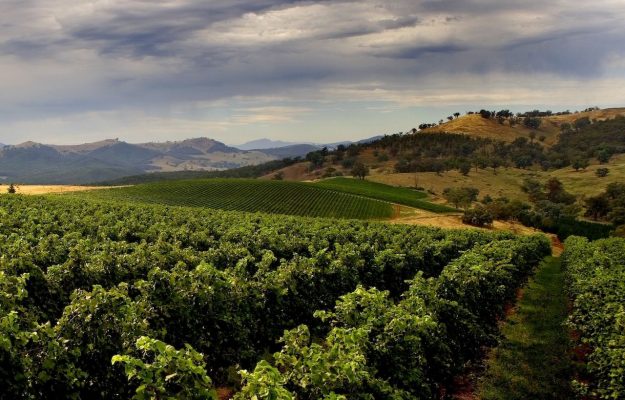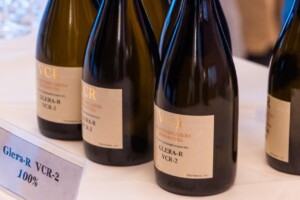In the long negotiations leading to free trade agreements between the European Union and any other Third Country, the mutual recognition of typical agri-food products is one of the hottest dossiers. Especially from the European point of view, where the certification system (PDO and PGI) has built a fundamental protection and defense of brands in the common market of the 27 European countries. The most important appellations, especially of wine, have been able, thanks to the effort of the Consortia, to find agreements with other countries as well, depositing and registering their trademarks. This is exactly the process done by Prosecco, which was recognized first in China and then in New Zealand under the “EU-NZ Trade Agreement”, the free trade agreement between the oceanic country and the European Union signed last June 30.
The EU has also been negotiating a free trade agreement with Australia since May 2018, which is now in its final stages. Again, among the many issues is that of Prosecco recognition, which, however, is encountering more than a few problems. In Australia, in fact, at the turn of the late 1990s and early 2000s, hundreds of wine producers decided to focus on what, at the time, was “only” a variety, from which the sparkling wine of the same name was produced, with an entire territory, the King Valley, dedicated to it. In Italy with the birth of the Prosecco DOC in 2009, territorially anchored to the Friulian town of Prosecco, the grape’s name became, definitively, Glera.
In Australia, however, nothing has changed since then, wine made from Prosecco grapes continues to be called that, the country has never recognized the Italian trademark and, for their part, Australian winemakers have no intention of taking a step back. On the contrary, lobbying the government in Canberra is becoming more and more pressing, especially after the last round of negotiations with Brussels, staged in October, which greatly reduced the distance on GIs. The dossier is complex, the points of view very distant, and if the agreement with New Zealand constitutes a precedent and a deterrent, at stake is an economy that is anything but secondary, namely 15 million bottles of Australian Prosecco, sold almost all on the domestic market, which would have to find another name hoping not to lose market share. It’s a prospect familiar to Italy, which in 2007, after a years-long legal battle, had to give up the name “Tocai”, renaming the popular grape variety - and the white wine of the same name - “Friulano”.
Copyright © 2000/2026
Contatti: info@winenews.it
Seguici anche su Twitter: @WineNewsIt
Seguici anche su Facebook: @winenewsit
Questo articolo è tratto dall'archivio di WineNews - Tutti i diritti riservati - Copyright © 2000/2026







































































































































































































